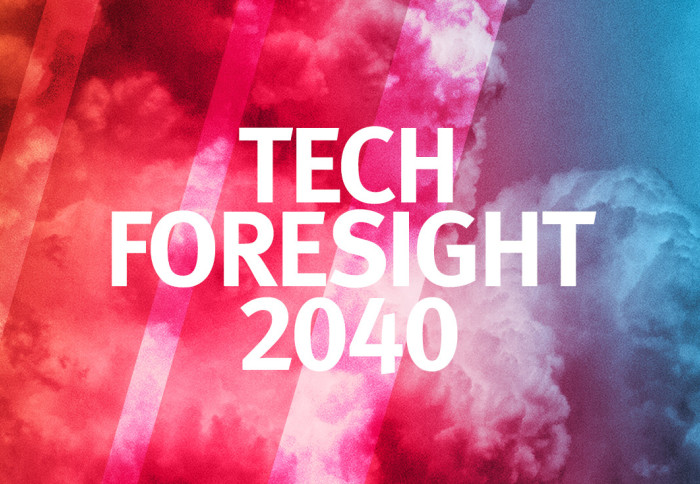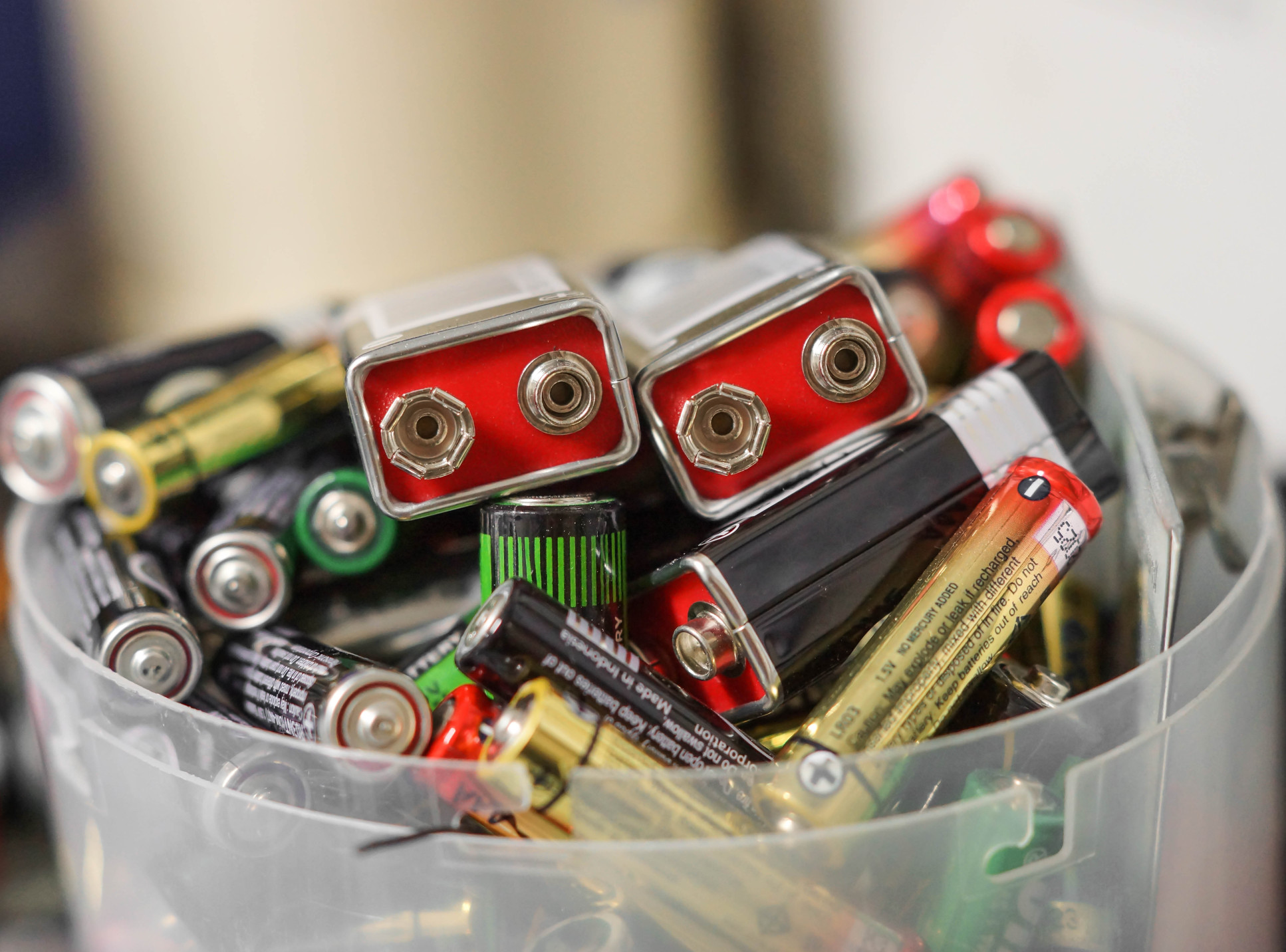Imperial experts explore the unexpected effects of technology

Imperial academics looked to the future at Tech Foresight 2040, a virtual conference exploring how the latest tech advances could impact businesses.
Tech Foresight 2040: Intentional Creations brought together world-leading experts and tech-driven businesses to explore the unexpected and unintended effects of technology.
Meta-Motivations
It is now more obvious than ever that humans depend on the resilience of the planet, leading to a need for businesses with an ethical purpose. What can we do now to ensure we keep our planetary resources for the next generation? The first conference session explored new perspectives of interventions in food waste, ecosystem services and organisational ethics.

With the wide adoption of mobile computing platforms, such as smartphones, low-cost sensors have enabled unprecedented insights into how we live and interact with the world around us. Dr Firat Güder from the Department of Bioengineering discussed his work on paper sensors which can be incorporated into packaging to detect food freshness levels and reduce waste.
Although many believe that human needs are at odds with nature conservation, the Department of Life Sciences’ Dr Cristina Banks-Leite showed how we can preserve species, increase the provision of ecosystem services to local farmers and have a minimal impact on the economy.
Professor Celia Moore from Imperial College Business School explored what challenges leaders are facing, and how they can become more ethical and responsible by changing everyday habits.
Attendees also heard from startups Treeconomy, who are developing nature-based carbon capture solutions, EPiC IMPOC, an intelligent clinical decision support system and Multus Media who are producing environmentally sustainable and ethically sourced media components to the cultivated meat industry.
Moral machines
The conference’s second theme explored new considerations, interventions and systems that can allow people to positively engage with technology. Academics discussed what responsible technology means and how more ethical technology systems can be created for the future.

Professor Jeremy Pitt from the Department of Electrical and Electronic Engineering discussed how to create self-governing systems that promote fair and ethical outcomes by using learnings from social sciences. The Dyson School of Design Engineering’s Dr Anna Maria Mandalari shared her research on how Internet of Things products, such as smart speakers, expose information online and what we can do to take ownership of our own data trails in the future. Professor Rafael Calvo, also from the Dyson School, shared his proposed human impact assessment system that takes into consideration the impact technology and AI have on societies and individuals.
The event also featured two start-ups that are already helping to make a positive impact in the world. The Tyre Collective aims to mitigate emissions from tyre wear and tear by collecting them at source and GroundedLang detects and verifies textual, visual and audio-based content to counteract fake news.
Malleable matter
This session explored how advanced materials, such as in clothes, buildings or consumer goods, could have a positive impact in the future.

Dr Ola Hekselman from the Department of Materials shared her vision of future battery technologies and their applications, and how a battery revolution is needed to make them cheaper and recyclable at scale. Dr Minh-Son Pham explored how in the next 20 years materials could be programmed to learn and react to their surrounding environment, such as houses naturally changing their structure in reaction to floods and making car crashes less lethal due to the material structure.
Wearable electronics have the potential to create better health for many, however rigid electronics dominate the wearables sector, making them unsuitable for daily use. The Department of Chemistry’s Dr Felice Torrisi’s research aims to develop a new class of washable, breathable and skin-compatible electronic components based on natural fibres and graphene inks.
Startups also shared their innovative work in this session – Bio-F Solutions harness the power of microorganisms to produce high-quality nutrients for agriculture and Nanomox develops sustainable and cost-effective tailored metal oxides.
Exploring breakthrough technologies
The annual conference invites academics from across the College to turn their expertise to exploring the future impact of new technologies and scientific breakthroughs.
Tech Foresight 2040 was curated by Imperial Tech Foresight, the College’s dedicated foresight practice. As a team, they allow business leaders to immerse themselves in the fringes of disruption, exploring breakthrough technologies and research through visionary academic perspectives and thought pieces.
To find out more about the event and explore the presentations and content further, visit the special event website.
Article text (excluding photos or graphics) © Imperial College London.
Photos and graphics subject to third party copyright used with permission or © Imperial College London.
Reporter
Joanna Wilson
Communications Division